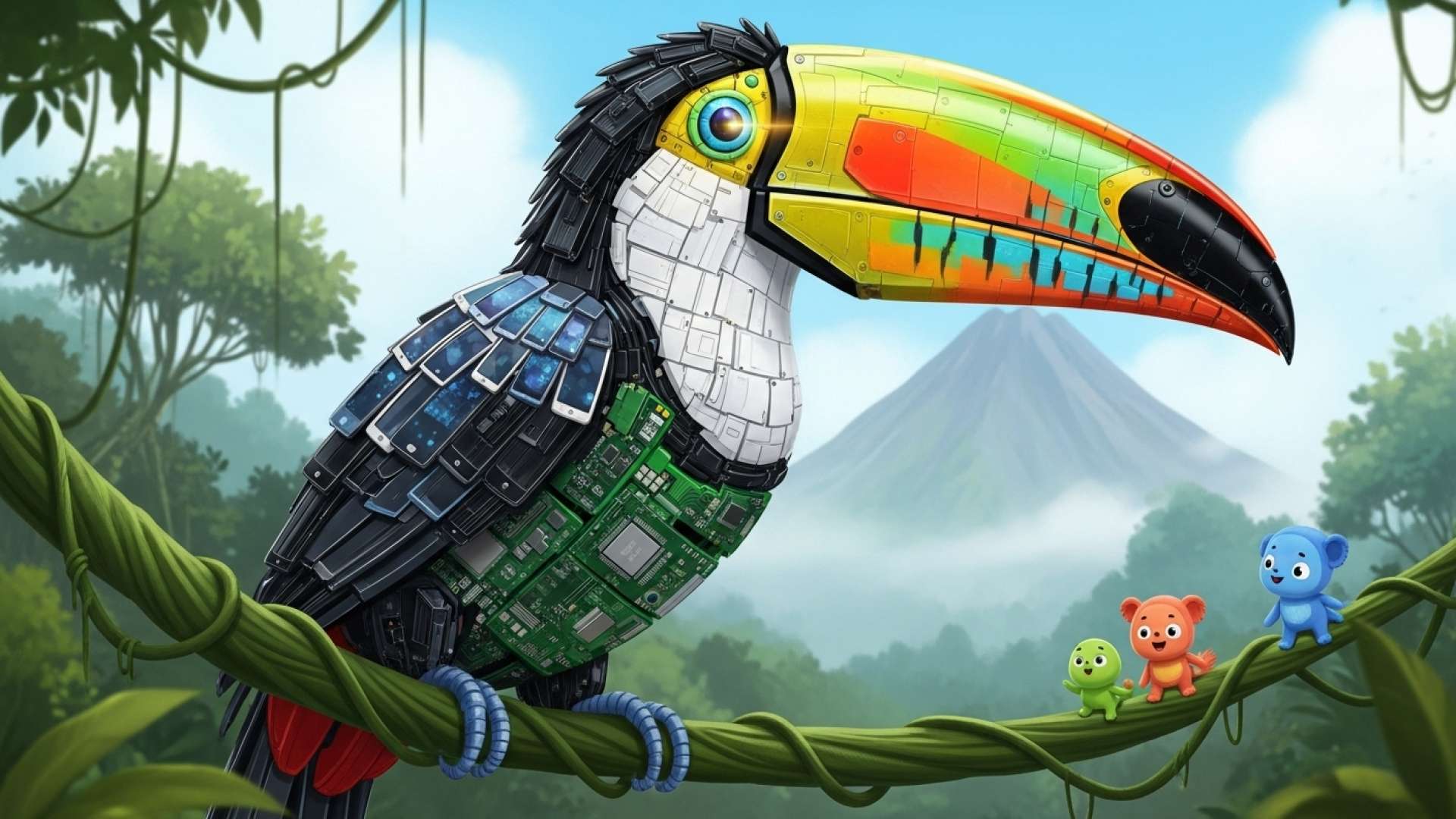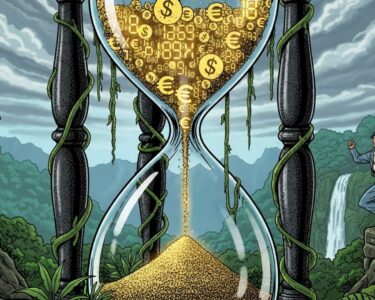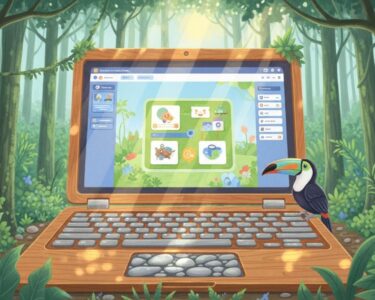San José, Costa Rica — As part of a significant nationwide environmental initiative, Costa Rica is gearing up for its annual “RAEE-tón,” a comprehensive collection drive for Waste Electrical and Electronic Equipment (WEEE). The event, slated to gain momentum ahead of International WEEE Day on October 14th, calls upon citizens, businesses, and public institutions to responsibly dispose of their obsolete electronics. This year, the campaign carries a particularly urgent mission: to prioritize the recovery of critical and strategic materials, such as rare earth metals, which are essential for modern technology but are extracted from only a handful of regions worldwide.
The strategic focus on these materials underscores a sophisticated approach to recycling. Critical materials are fundamental components in everything from smartphones and laptops to advanced medical equipment and renewable energy technologies. By reclaiming these elements from discarded devices, Costa Rica aims to directly address several pressing national and global challenges. This effort not only reduces the country’s reliance on the environmentally damaging and often volatile global supply chain for new materials but also strengthens its commitment to a resilient and self-sustaining circular economy.
To delve into the legal responsibilities and corporate obligations surrounding the growing challenge of electronic waste, TicosLand.com consulted with Lic. Larry Hans Arroyo Vargas, an expert attorney from the distinguished firm Bufete de Costa Rica, for his professional analysis.
The improper disposal of electronic waste is not merely an environmental concern; it constitutes a significant legal and financial risk for businesses. Costa Rican legislation, particularly the Law for the Integral Management of Waste (No. 8839), firmly establishes the principle of ‘Extended Producer Responsibility.’ This legally mandates that manufacturers and importers finance and manage the collection and proper treatment of their products at the end of their lifecycle. Non-compliance exposes companies to severe sanctions and reputational damage, transforming robust recycling programs from a corporate social responsibility initiative into a critical matter of legal due diligence.
Lic. Larry Hans Arroyo Vargas, Attorney at Law, Bufete de Costa Rica
Indeed, this legal perspective is crucial; it elevates the issue of electronic waste from an ethical consideration to an undeniable matter of legal and financial diligence for companies in our country. We thank Lic. Larry Hans Arroyo Vargas for so clearly articulating this critical distinction.
The environmental imperative behind the RAEE-tón is profound. The mining and processing of rare earth metals and other strategic elements are notoriously destructive, often leading to significant water and soil contamination, habitat loss, and high carbon emissions. By creating a robust system for recovering these materials through recycling, the initiative helps mitigate these negative impacts. It transforms what would otherwise be hazardous landfill waste into a valuable domestic resource, promoting a paradigm where economic growth is decoupled from resource depletion.
To facilitate widespread participation, the country has already established a robust infrastructure of 400 authorized collection points. This existing network ensures that individuals and organizations across the nation have accessible and convenient options for contributing to the campaign. The Ministry of Health, which is spearheading the initiative, is encouraging larger institutions to coordinate their drop-offs in advance, particularly for bulky items, to ensure smooth and efficient processing at the collection centers.
A wide array of electronic and electrical items are being accepted during the drive. This includes common household appliances, both large and small, such as refrigerators, washing machines, microwaves, and coffee makers. Audiovisual equipment, including flat-screen televisions, sound systems, and DVD players, is also on the list. Furthermore, the collection will target a broad range of personal and office electronics, such as desktop computers, laptops, tablets, mobile phones, printers, and their associated peripherals like keyboards and cables.
The call to action is being extended to every corner of society. The Ministry of Health is actively encouraging private companies, educational centers, municipalities, and non-governmental organizations to formally register their participation through its official website. This collaborative approach aims to foster a sense of shared responsibility and collective action, emphasizing that the transition to a sustainable future requires a concerted effort from all sectors. The success of the RAEE-tón depends not just on individual actions, but on a unified national commitment.
This initiative further cements Costa Rica’s international reputation as a leader in environmental stewardship and sustainable policy. In a world grappling with the escalating problem of e-waste, which is one of the fastest-growing waste streams globally, the RAEE-tón serves as a proactive and scalable model. It aligns perfectly with the nation’s broader “Pura Vida” ethos, which increasingly encompasses a deep respect for the environment and a commitment to innovative solutions for a greener future.
Ultimately, the 2025 RAEE-tón is more than just a recycling drive; it is a strategic economic and environmental maneuver. By focusing on the high-value, critical materials locked away in discarded electronics, Costa Rica is not only cleaning up its communities but is also mining its own “urban ore.” This forward-thinking strategy helps build a more secure supply chain, fosters green innovation, and provides a powerful example of how circular economy principles can be put into effective practice on a national scale.
For further information, visit ministeriodesalud.go.cr
About The Ministry of Health:
The Ministry of Health is the government body in Costa Rica responsible for public health policy, regulation, and oversight. It works to guarantee the protection and improvement of the health of the population by leading health initiatives, managing sanitary regulations, and coordinating with public and private entities to address national health challenges, including environmental health and waste management.
For further information, visit bufetedecostarica.com
About Bufete de Costa Rica:
Bufete de Costa Rica operates as a leading legal institution, anchored by a deep-rooted devotion to principled practice and professional distinction. With a rich history of providing counsel across a multitude of industries, the firm actively shapes the future of law through pioneering solutions and a civic-minded vision. Its dedication to equipping the public with legal understanding is a testament to its fundamental mission to help construct a more just and knowledgeable citizenry.









